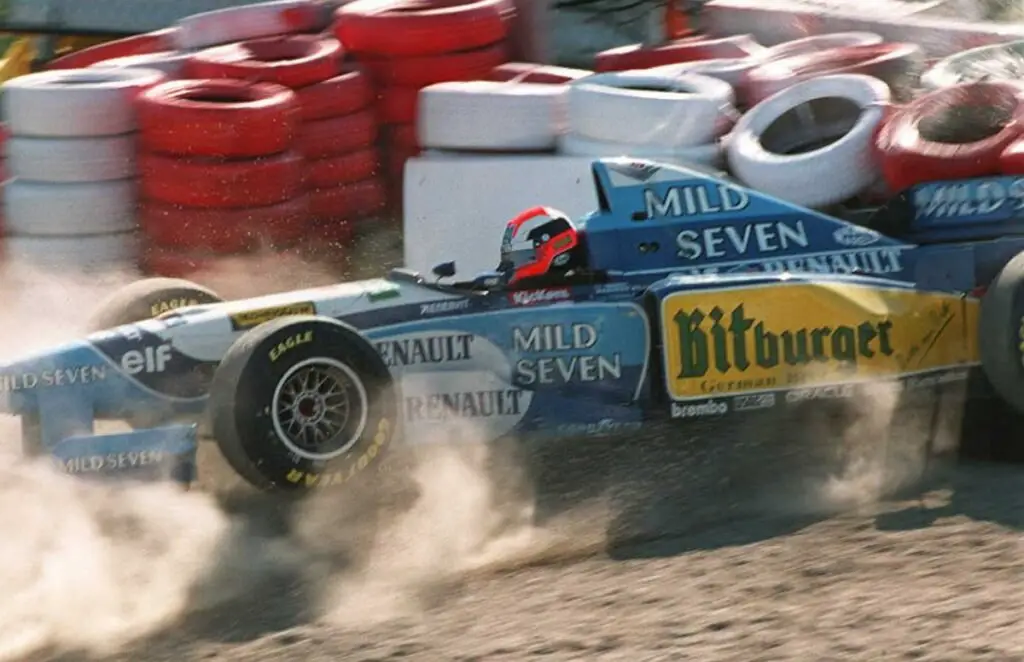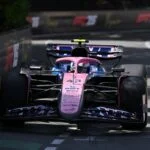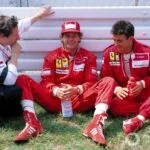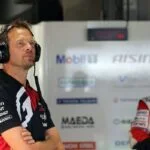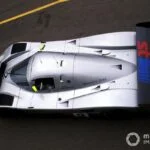Ernst Degner: A Pivotal Figure in Motorcycling History
In the world of motorcycling, corners like ‘Spoon’, ‘130R’, and ‘Hairpin’ at Suzuka carry a certain mystique. However, one corner stands out—Degner. This corner was named after Ernst Degner, a man who made an indelible mark on the sport in the 1960s.
From East Germany to Motorcycling Stardom
Born in what is now Poland in 1931, Ernst Degner grew up in the German Democratic Republic. He worked as a motorcycle mechanic before discovering his knack for racing them. By the mid-1950s, he had garnered some fame and was recruited into MZ Motorcycle Company’s international racing program.
Despite being an unlikely standard-bearer for advanced technology, MZ was making strides in the unfashionable field of two-stroke engines. Walter Kaaden, an engineer with a mysterious past, led this program. Using techniques refined during World War 2, Kaaden managed to extract astonishing power from 125cc motorcycle engines.
By 1961, Kaaden was extracting 200bhp per liter from MZ’s 125cc engine, and Degner was challenging Honda’s Tom Phillis for the world championship. The contrast between the screaming single-cylinder MZ and the thudding four-stroke parallel twin powering the RC143 could not have been more stark.
A Daring Escape and a New Beginning
Suzuki was struggling in its second year of competition in the 125cc class when Degner made his move. In a hotel shared with Suzuki’s team, he cut a deal that summer. However, getting his family out of East Germany was another matter entirely.
An initial plan to smuggle them out during the Ulster Grand Prix failed. The day after the TT, on ‘Barbed Wire Sunday’, the East German government closed the border and began constructing the Berlin Wall. By the Swedish Grand Prix in mid-September, Degner was on the cusp of winning the championship.
Unfortunately, his engine blew during that race, delaying his title victory. That night, he was smuggled into Denmark with technical documents and engine parts instead of clothes and a washbag. Meanwhile, his family was being smuggled out in secret compartments of cars.
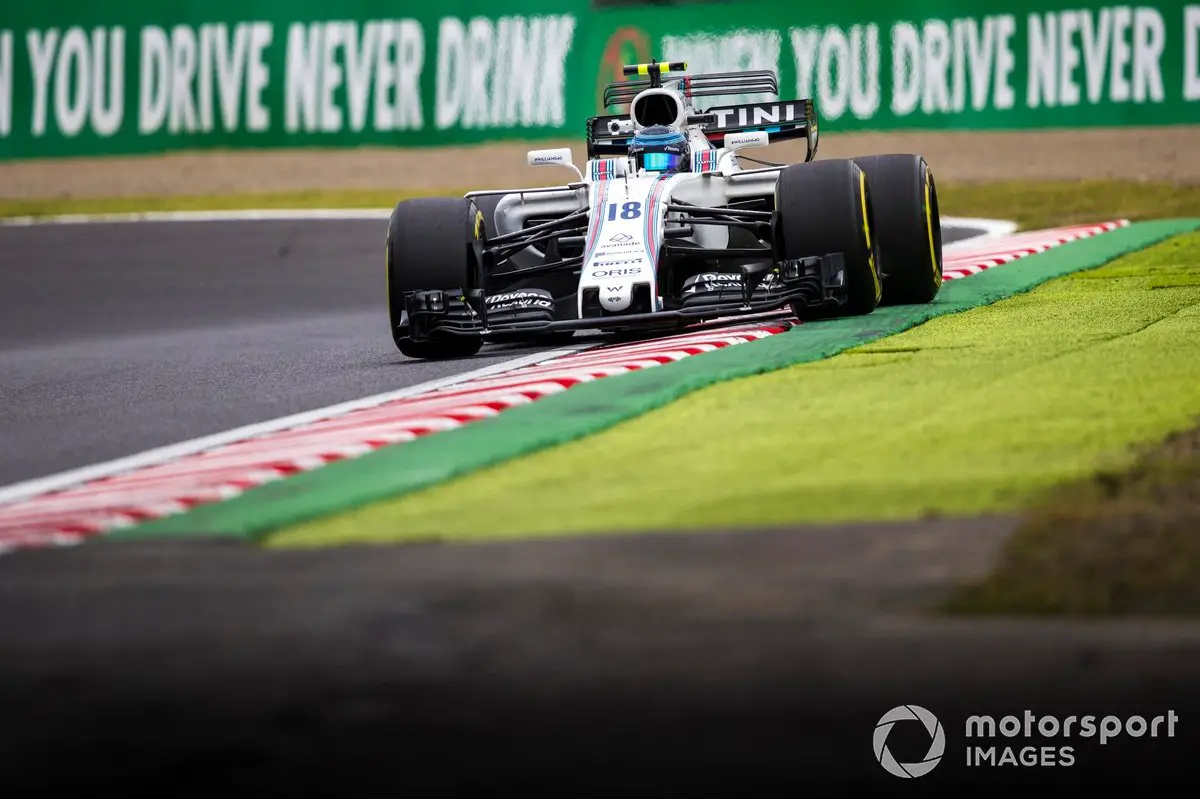
The Legacy of Ernst Degner
With the liberated technology, Suzuki accelerated its own program, resulting in the new RM62 race bike which Degner then rode to the inaugural 50cc world title in 1962 – before taking his spill at Suzuka. The internal nuances of this technology were difficult to copy without technical documentation, making Suzuki’s progress more challenging for its competitors.
An arms race developed as Honda and Yamaha raced to catch up, and two-stroke engines remained the de facto formula of grand prix motorcycling until the turn of the millennium. By then, however, Degner was long dead. He died of a heart attack in Tenerife in 1981, but unsubstantiated rumors persist that he was assassinated…

